The initiative of world peace, for example, 30 years after the fall of Communism in Eastern Europe, a prospect for reconciliation and reunification for the Korean peninsula, as in the zones of conflict.
Tuesday, April 2, in Bucharest, Rumanian capital, was held the diplomatic meeting of the former chiefs of Eastern Europe, for the reconciliation and peace in the zones of conflict of the whole world.
The culture of peace rests on a new type of relation between States, the relations between people sharing the same common values, well born before the State–nations current.
Since 2013, year of creation of non–governmental organisation HWPL “Culture celestial, peaces in the world, Restoration of the light”, the meetings or tops for peace in the world are organized every year.
This year, Bucharest was April 1st and 2nd, the theatre of a cultural event on the topic “Peace, culture, religion and education for a better company, a durable democracy and the reunification of divided states among which solidarity, the re–establishment of peace made by the former political leaders in Europe in order to spread the culture of peace May also to support the peaceful reunification of the Korean peninsula. ”
The former president of Romania, Emil Constantinescu, explained that it did not wish any more to see the leaders of the States fighting and that the population be an innocent victim, the women in particular first to be suffered and to feel the inevitable horrors of any war.
The president of the institute of studies for the culture and the civilisation of Raising is firmly convinced that “the avoidance of the wars and the construction of peace suppose the hard conclusion of a culture of solidarity, working a pragmatic style, in which the declarations do not have the weight, but concrete actions. For example, the Korean peninsula suffers from people divided into two States because of an aggressive atheistic ideology, which has a particular significance for the world, we live in many ideological, oecumenical, social divisions and nun”.
In Bucharest, the leaders of Europe Central and Eastern, who directly lived the experiment of the cold war, of the civil wars and to the ethnic conflicts during the painful transition towards the democracy testified, their existence and history of their country fitting in the sphere of influence of the USSR after the Second World War.
The Second World War is another consequence which led to the division of the Korean peninsula, already under the occupation of Japan. The territory of the Korean peninsula entered the zone of influence of the two victorious great powers, the United States and the Soviet Union.
The cold war and the war of Korea in years 1950–1953 thus prolonged this division and conduit with the emergence of two States equipped with anthogonic ideologies and dichotomic evolutions, South Korea and the North Korea.
In 1989, the miracle occurred during the fall of the Berlin Wall, demarcation line symbolic system which divided Europe into two: the West and, between democracy and dictatorship and is led to the fall of the Communist regime in Eastern Europe. The observation of Emil Constantinescu:
“In my turn, the turning of 20th and 21st centuries, in the Middle East, in North Africa, in Balkans and the Caucasus, I was struck by the common origin of the historical and architectural vestiges, but especially by many affinities of behavior rising from tens of million of people of all the corners of the world, an amalgam of races, ethnos groups and nationalities which go each year to Raising as pilgrims or tourists, joining together paths presenting the fortifications of the cities and old villages, raised to protect the borders between old and feudal fields, palaces built to impress by the wealth and the power, temples or churches marking of the spiritual borders, showing that all that is created to be insulated finishes by us linking. The initiative Raising for Total Peace proposes another reading of the history of this region, seen until now, in particular by the thousand–year–old wars and conflicts. He proposes a new approach which follows what we have and that we can link: principles, values and capacities of the past which can now be exploited as a whole to ensure not only the stability of this region, but also the construction of a model. of co–operation and confidence for all the states of the world. That does not mean that we must deny our past, but only to assume it in its tragic dimension “.
“This is why the common values seem so important today to me in the new structure of the international relations. Because certain misunderstandings concerning the motivations of the others led to many erroneous decisions of foreign politics which started conflicts, much are still cold. Only a policy based on common values as a base of the dialogue can ensure stability; only a viable market economy and a rule of law can be opposed in an oligarchical State; to widen the space of peace, it is to widen the space of a democracy and not of a democracy of frontage. ”
“In order to prevent the conflicts and to manage the situations according to conflict, the political structures must be supplemented by structures of the world civil society devoted to the questions of security. It is only whereas one process of reinforcement of the respect of the man, the democracy and the common security can acquire the depth that only it can be guaranteed. “The international policy, following the example of the classical diplomacy, was built on the relations of being able and will remain for a long time it. The” software power “is far from being functional. I would not support the replacement of the diplomacy classical and cultural, that would like to say to support a dangerous Utopia, but I plead for their association and I hope that this conference will bring a new vision which leaves the religious bases of our conscience and consequently I invited to this conference. We must remember that, in the fundamental books of the three great religions monotheists born in the area of Raising: the Torah, New Testament and the Koran, one speaks about peace and of comprehension between the men, not of war, “explains the former Rumanian president.
“There is more than thirty years, in Eastern Europe, of the million people, the naked hands, were ready to fight and die for freedom and the democracy, destroying the largest machine of war of the history of humanity. In this new millenium, we can rediscover the faith, not to use it as in a long story of the humanity against of others, but to understand our objective on Earth. Peace is the name of God, who we are Christian, Moslem, Jewish or of Asian religions. Only the arrogance of the man made him forget the message of the Lord, whatever the name that we give him in our language or our conviction. ” he added.
Shoshana Bekerman, director of the interparliamentary Coalition for world ethics, thinks that we should concentrate us a minute on the culture of the peace which should be and must really be the base of the cultural diplomacy.
“I will reiterate the definition of UNESCO of this concept: The culture of peace and non–violence is the commitment in favour of the consolidation of peace, the mediation, the resolution of the conflicts and the conflict prevention, education to peace, education to non–violence, the tolerance, acceptance, the mutual respect, the reconciliation and the dialogue. intercultural and interdenominational “. During the plenary session, we reached all these points, whereas Raising it was set up in cradle of the cultural diplomacy and the culture of peace thanks to the passion of President Constantinescu. By looking at the current challenges, that our honourable diplomats make known to us, all that does not help of anything the current conflicts with Raising. Perhaps however, as underlines it ex–direct it Rumanian, we will draw from the lessons of the past in order to be able to take up the challenges of the future. Under the aegis of UNESCO, UNO began to establish a consolidation of peace after the Second World War by the means of economic agreements, social and political. Like let us know we it, that does not seem to function, the base of peace needing always the support which we hope to receive from this new institute. For more than 60 years, UNESCO has continued this mission in accordance with its constitution which stipulates that “since the wars burst in the spirit of the man, of the mechanisms of consolidation of peace must also be built over there”. Unfortunately, like let us know we it, even UNESCO has problems in this region, but we hope that the talks that you will support will guide us today in the right direction, as we learn from the past to evolve in the future. ”
Man Hee Lee thinks that the unification could take place this year, if the citizens had the right to freely move south north of Korea, the abandonment of the border between the two states would bring to Korea as much as to Germany with the fall of the Berlin Wall in 1989, the possibility that the population can meet after the division which took place in 1953…” During the tragic war of Korea, I fought in first line, you can imagine how much atrocities I was pilot.
The first annual ceremony of the “Declaration of peace and the suspension of the war” took place with the cemetery commemorative of the United Nations with Busan. I then asked the present: “Can the policy or the laws in force pay for the sacrificed lives, born in the same world that we, but did not open out yet?”
“If the 10 articles and the 38 clauses of the “Declaration of peace and suspension of the war” were applied in international law, peace would be established. So that the Korean people do not undergo any more this pain and these sufferings, we must arrive at peace in the world. We need a world of peace, it is not the duty of only one person, it is our duty as a whole, it is our responsibility”.
The unification of the two States of the peninsula could begin even this year if the citizens had the right to move freely in both Corées…, considering that the North Korea is not yet fully recognized and that it lays out of few visible resources step financial. Can it build nuclear arsenals, that neither China nor Russia would look with confidence, but which helps the people North–Korean financially to live? South Korea could help it to create jobs, just like it makes it with the foreigners that it engages in the south of the country.
I support firmly and declares with confidence that the realization of the peaceful unification in the Korean peninsula will lead to establishment of peace in the whole world; I am sure. Time that will take depends on our serious. The process will be accelerated with your assistance. “
Sinem SAHIN, representative of the branch youth of the group of young people for peace, in Berlin, addressed to the guests and explained the reunification and the importance of the Berlin Wall in 1989, where the German families met to build Germany with a democratic and free aim.
The intervention of each guest gave a support and information at the levels strategic and geopolitical, cultural and religious like on the level of teaching, with an aim of unifying the Korean peninsula and of peace on a world level.
Mr. Garry JACOBS, chief executive officer of World Art and Academy Science and World University Consortium, thus attended the event by explaining the part which the culture plays for the company when technology progresses:
“We live in a world of a speed, a complexity and an uncertainty without precedent. All the progress made during 200 last years does not seem any more to take up the challenges of the 21st century. We forget in fact that to function, the software of any institution is a culture. The culture is the essential knowledge that humanity acquired millenia since. Times changed, the lifestyle, technology, but the relations between the human beings remained constant thanks to universal and perpetual fundamental values. This new institute must concentrate on the idea of the future, by drawing from the history of the past essential knowledge for the future. ”
Petru LUCINSCHI, former president of the Republic of Moldovie of 1997 to 2000, explained in its speech why: “For a more viable strategy and a stable peace, political, diplomatic but such a geopolitical dialogue strategic to succeed, you need a simple strategy and clarifies, transmitted by the history and the culture of each state, but also by methods aligned on the human rights for all the countries of planet”.
To enclose, Emil Constantinescu stated: “Since billion years, the Earth is the gigantic theatre of a permanent confrontation between the trends with concentration and the dissemination of the mineral matter, as well as the history of the world living and the people; the ideas and the peaceful dialogue can replace violence forever, of some type that it is.
The interparliamentary world Coalition for world ethics is perhaps the best place where to recall than we must reject the arrogance which prevented the communication, to avoid the judgements and the prejudices against concepts which we do not know enough to approach with care and respect the character mysterious and major of the various human civilisations, this multicultural world in which we were condemned to a transitory passage and to dreamed of the spiritual eternity, to capitalize on the old stakes which overlap, to rediscover the tradition of the peaceful exchanges and the subtle negotiations between people belonging to different and complementary civilisations. The challenge should not be one means any more of organizing the relations between friends and enemies, but of understanding that the best way of being together around a joint project of construction and the consolidation of peace. The freedom of conscience, the tolerance and pluralism are the values which can help us to leave the night of hatred and revenge to build new bridges between the old cultures and civilisations. “
The conclusions of these meetings are summarized as follows:
“The world in which we live present challenges and opportunities which go beyond the capacity of the nations or the groups of the most powerful nations, to attack the rest of humanity effectively. Peace and the security, the management of the climate and the environment, immigration and the population, the trade and the investments, technological development and employment, the tax evasion and the money laundering, the drug trafficking and terrorism oblige us to seek comprehensive solutions supported by institutions to implement them. None the challenges of the modern world can be treated effectively with the level of the national states which defend their own interests in competition or conflict with those of other nations or by the means of bilateral agreements and regional groupings of nations. All these challenges require levels of co–operation and collaboration increased within the world community. We live in a more and more globalized world, but our instruments of governance remain anchored in old and largely ineffective institutions, guided by narrow prospects, erroneous priorities, contradictory strategies and mutually exclusive objectives. Its humanity and its institutions evolved since the international relations were decided by the whims of the monarchs and the ambitions of the colonial empires, were imposed by violence and enchased by treaties and bilateral alliances, conceived to offer economic advantages to the powerful ones. Today, the world is controlled by international government institutions, charters, conventions, treaties, laws, committees, systems, multinationals and national, non–governmental organisations and associations related to peace, the security, the trade, the economy, finance, transport, the communication and education, science, technology, the culture, the religion and the entertainment. In spite of this multiplication of the means of governance, the quick change of the world company exceeds the capacity of the institutions to guide, supervise and manage the range growing of opportunities and challenges. The difference between the needs for humanity and the prevalent institutional system delays collective progress and threatens to sap the bases of peace, the security, freedom and the stability acquired after the cold war. ”
Views: 0


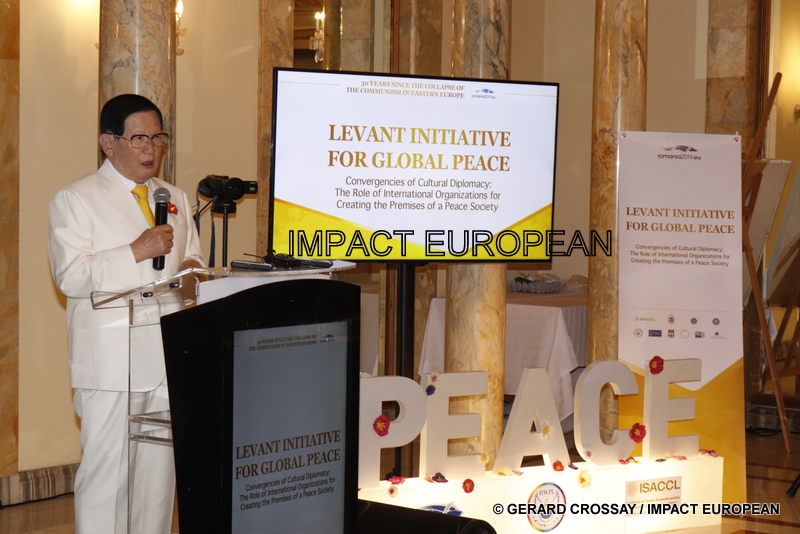
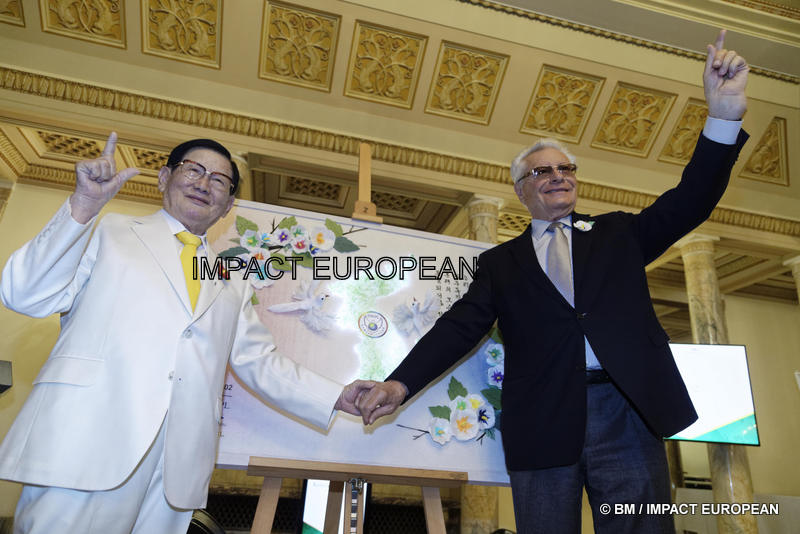
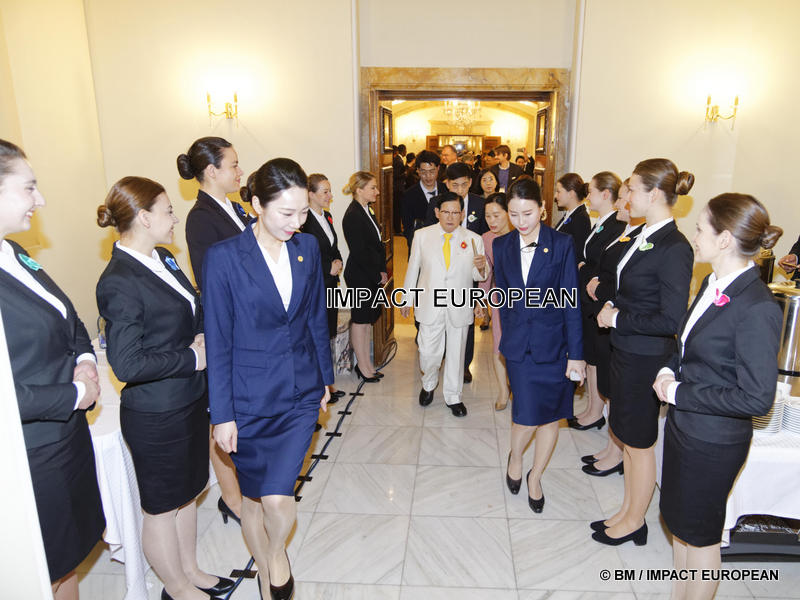
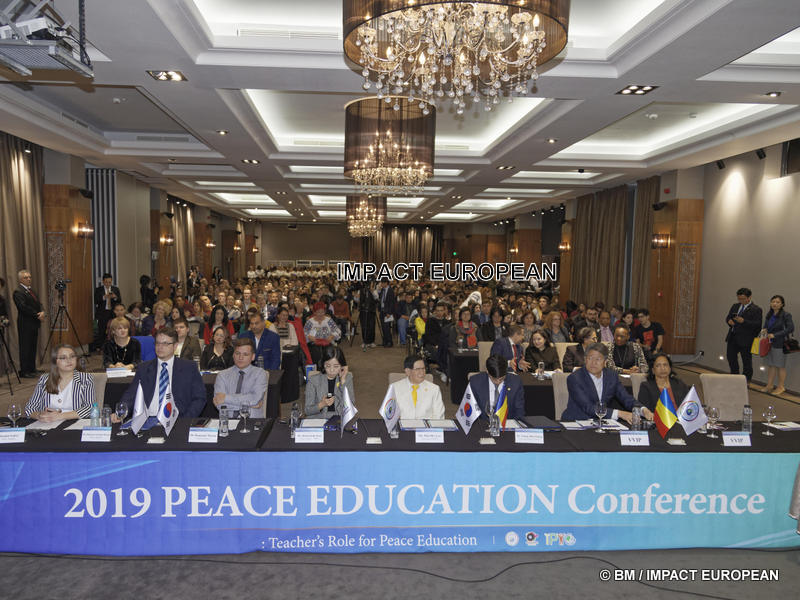
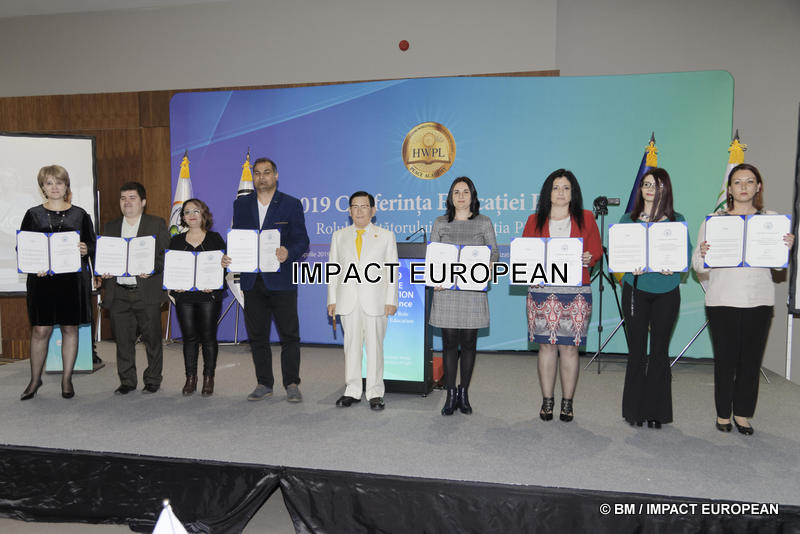
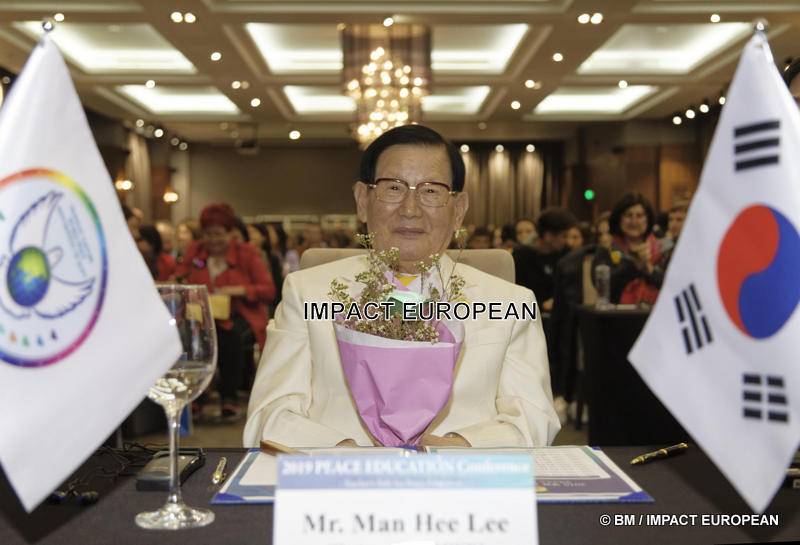
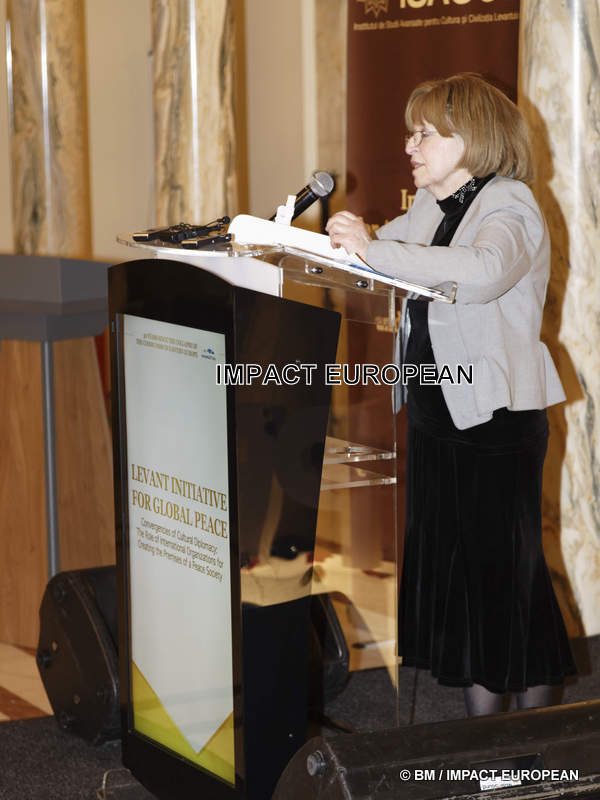
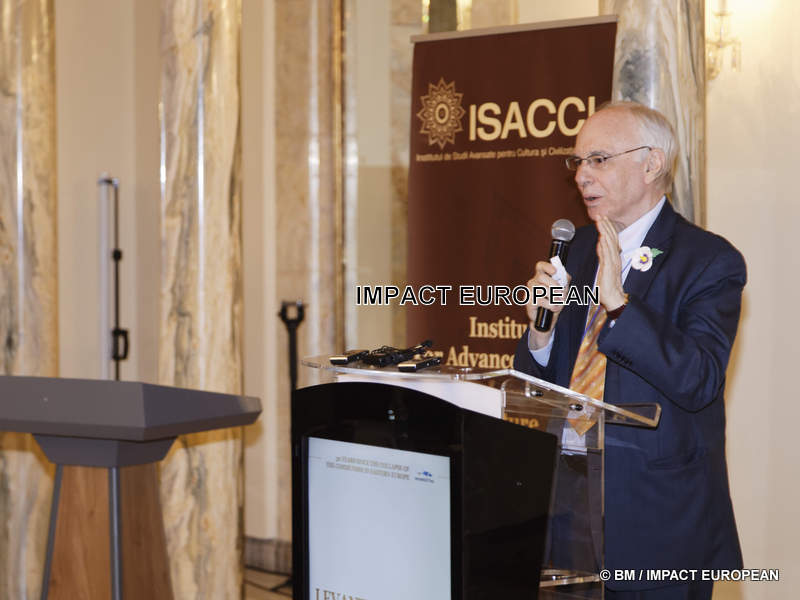
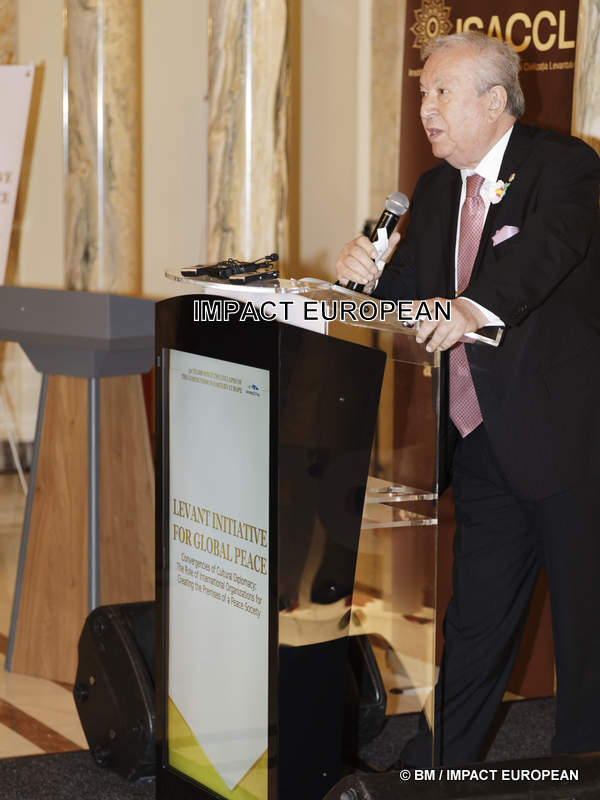
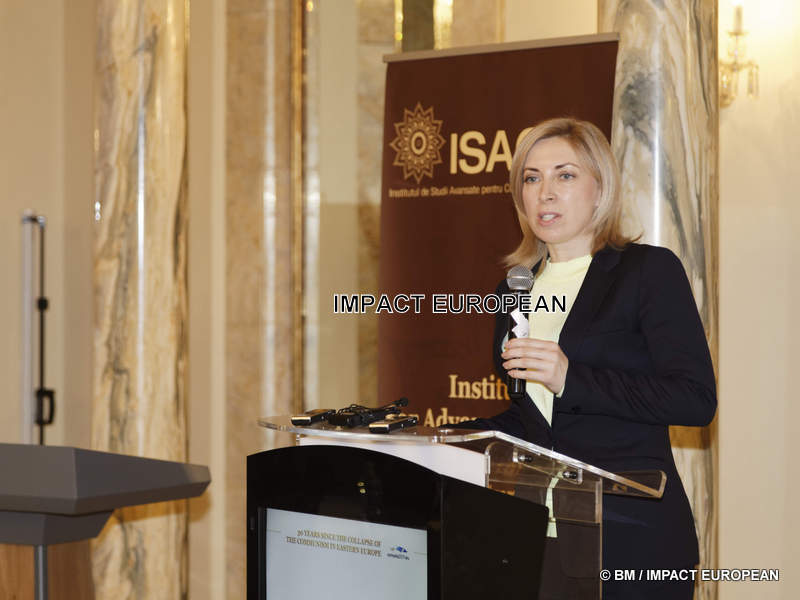
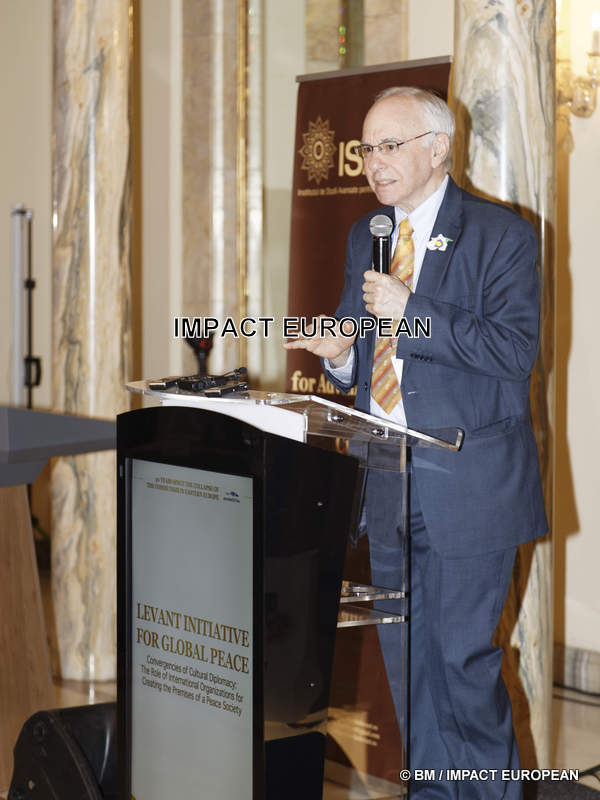
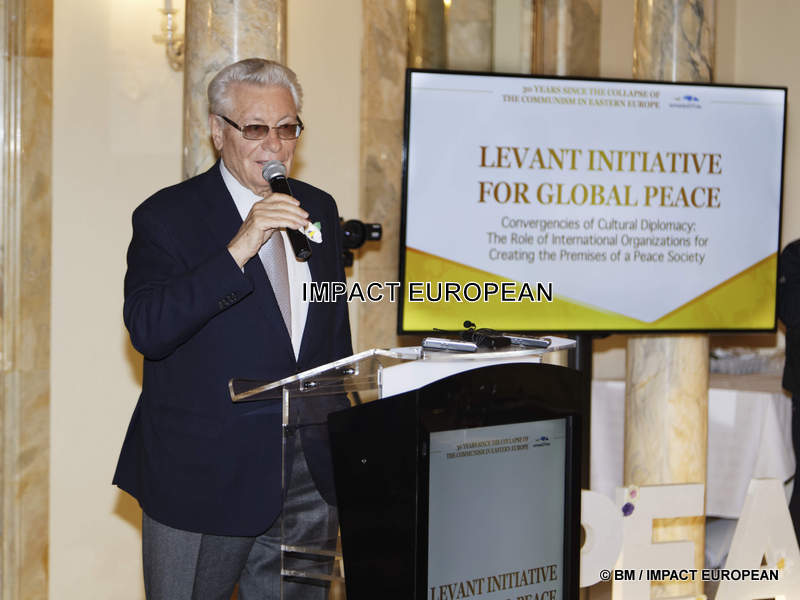
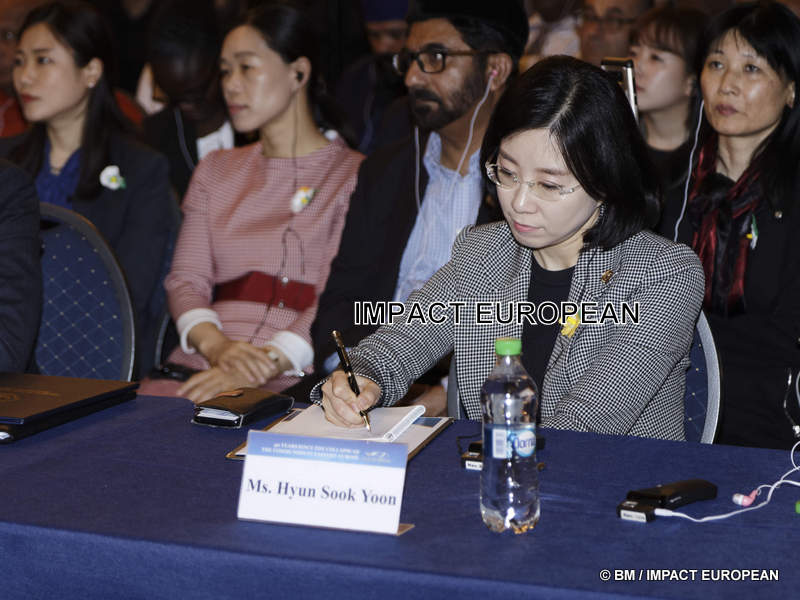
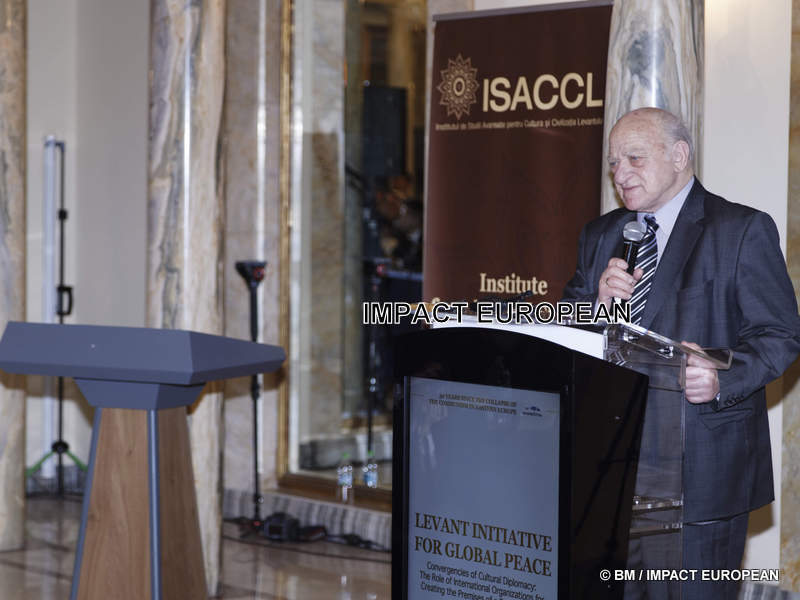
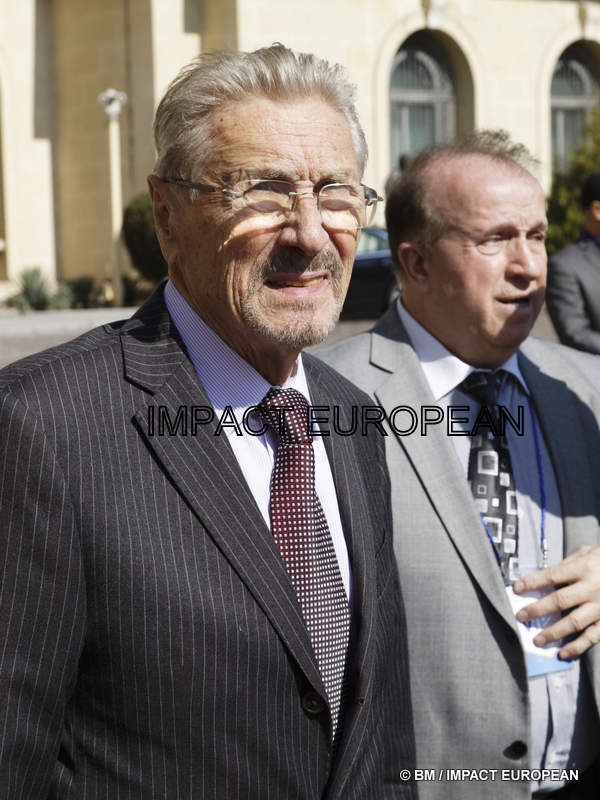
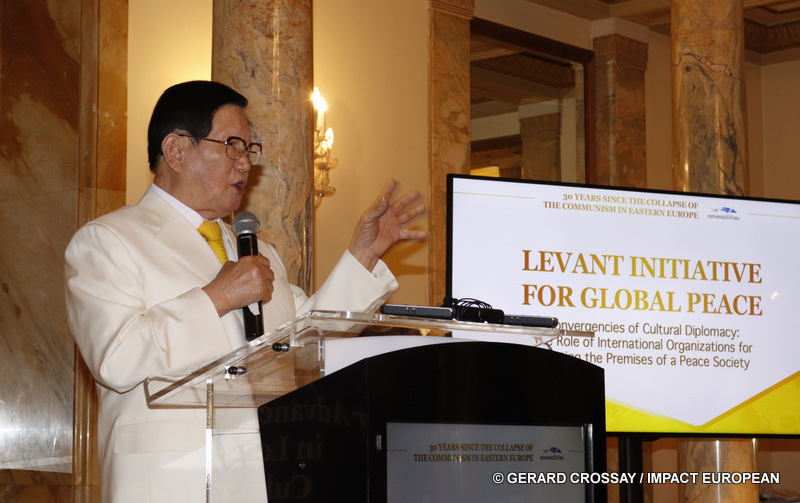
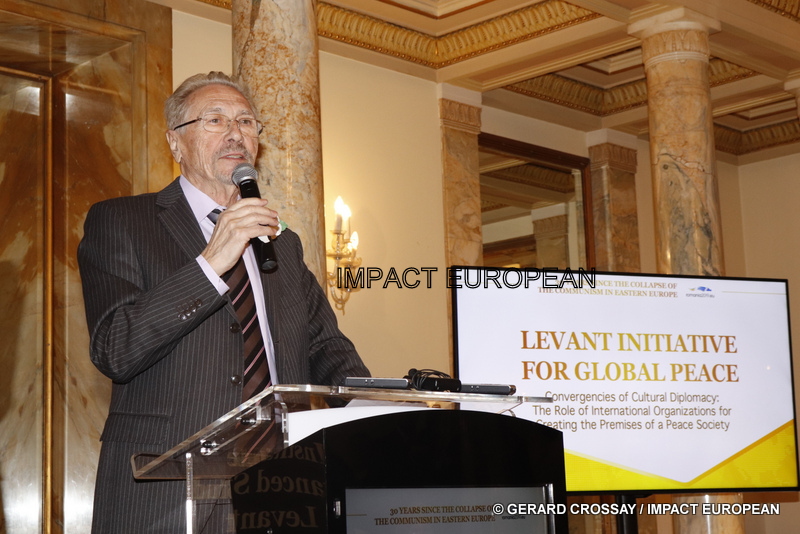
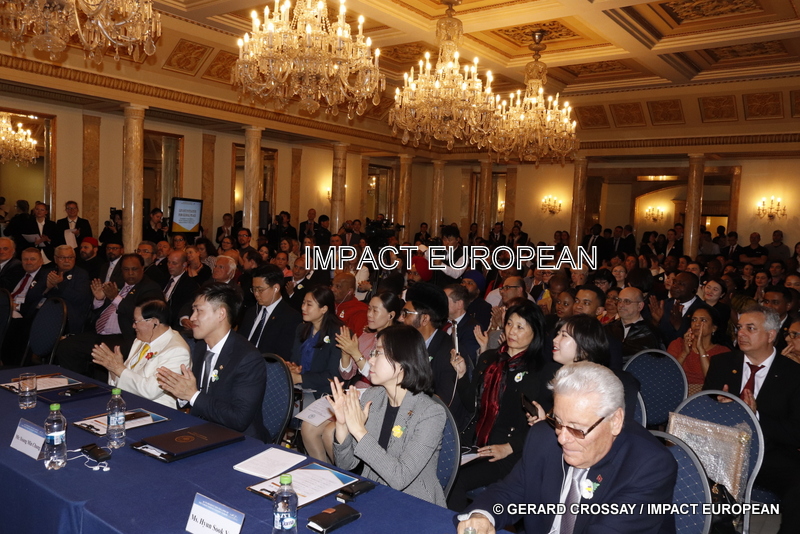
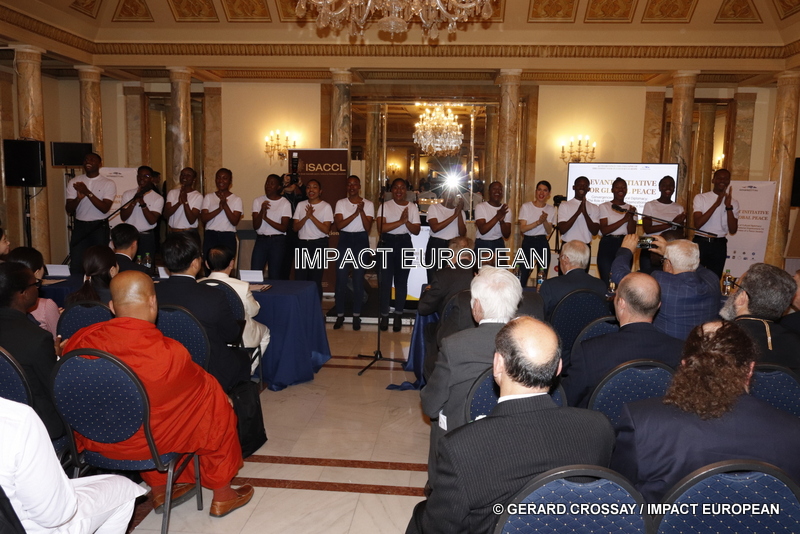
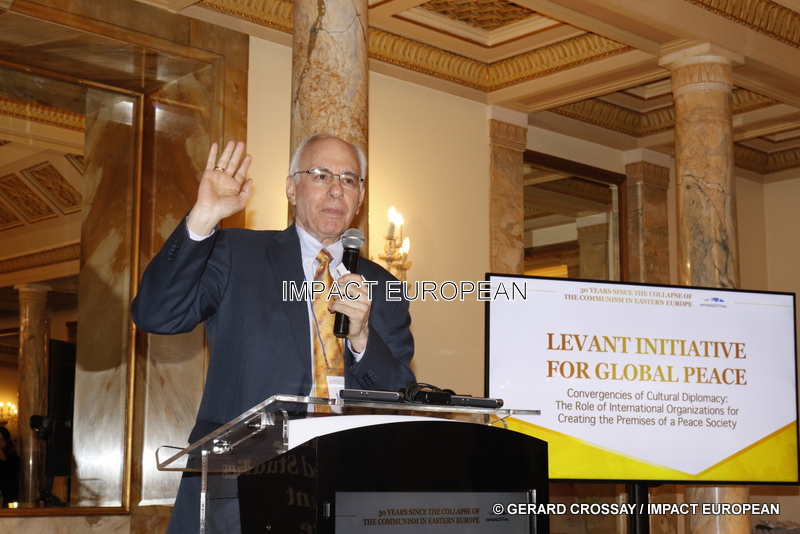
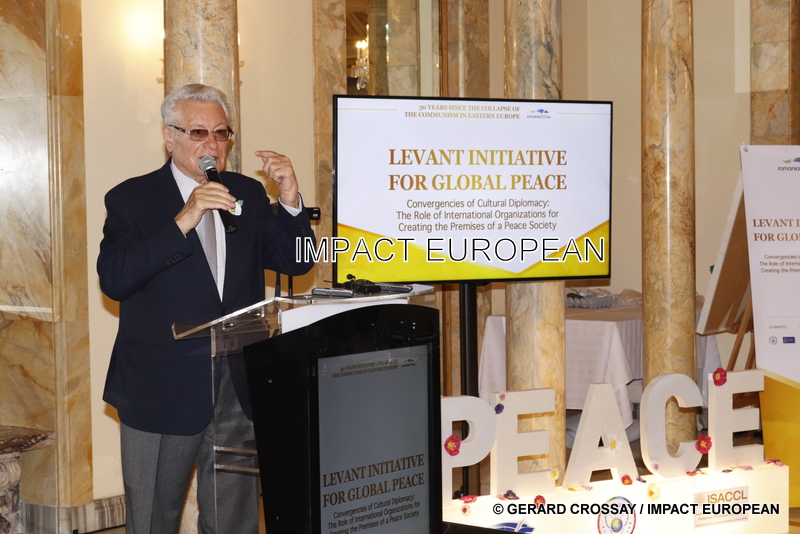
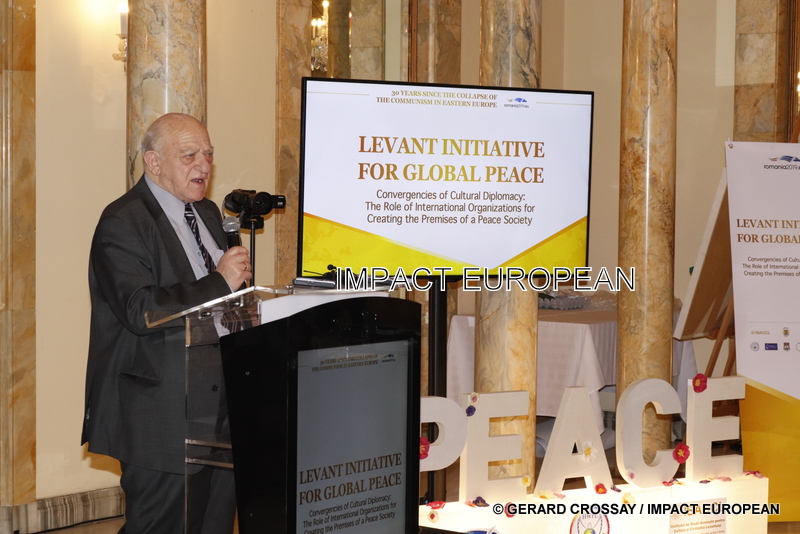
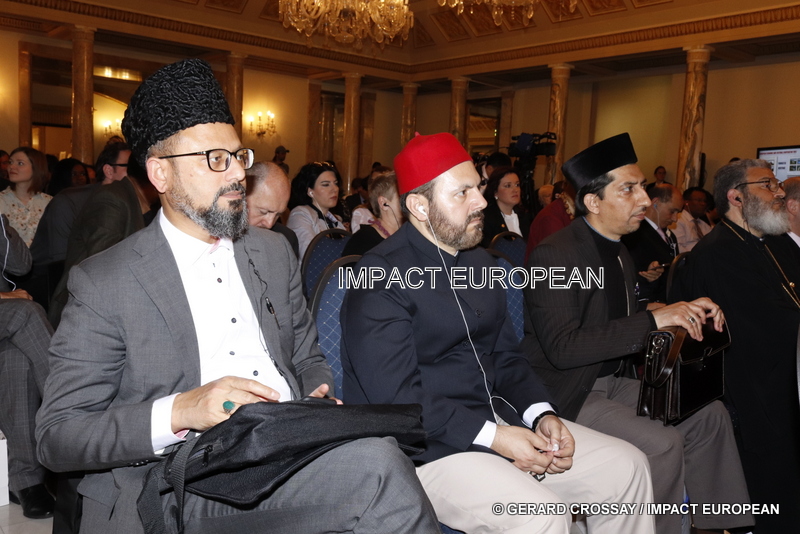
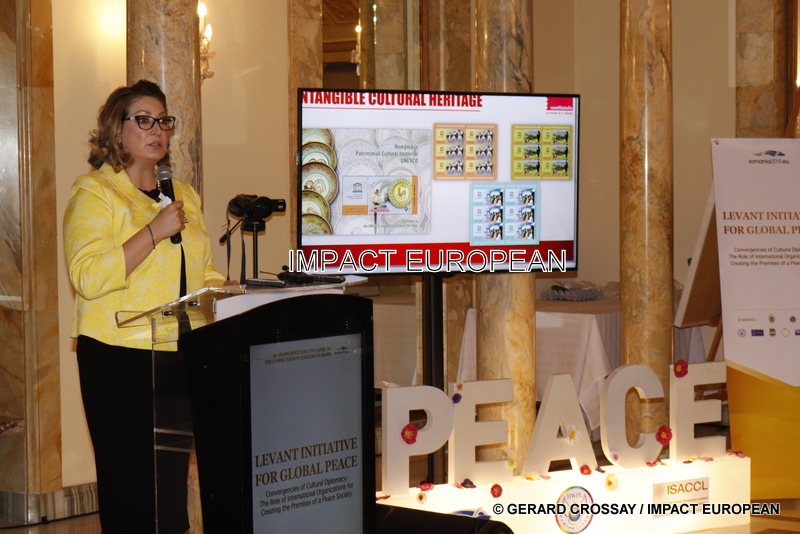
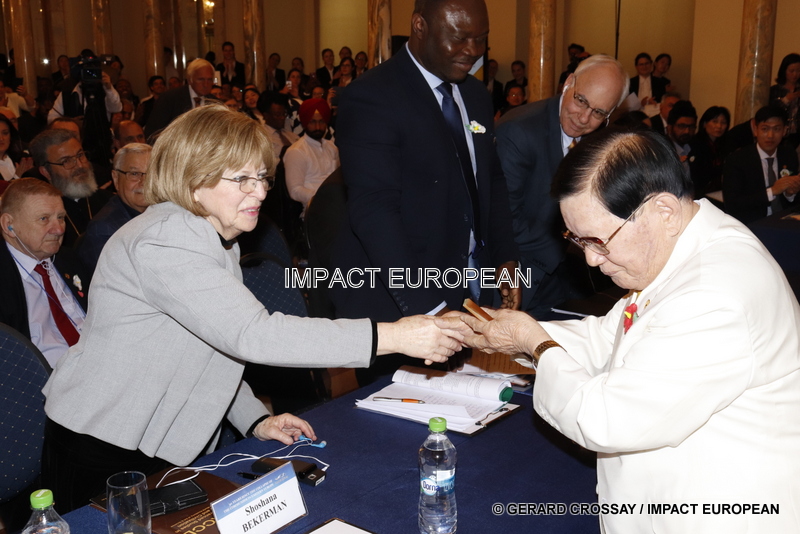
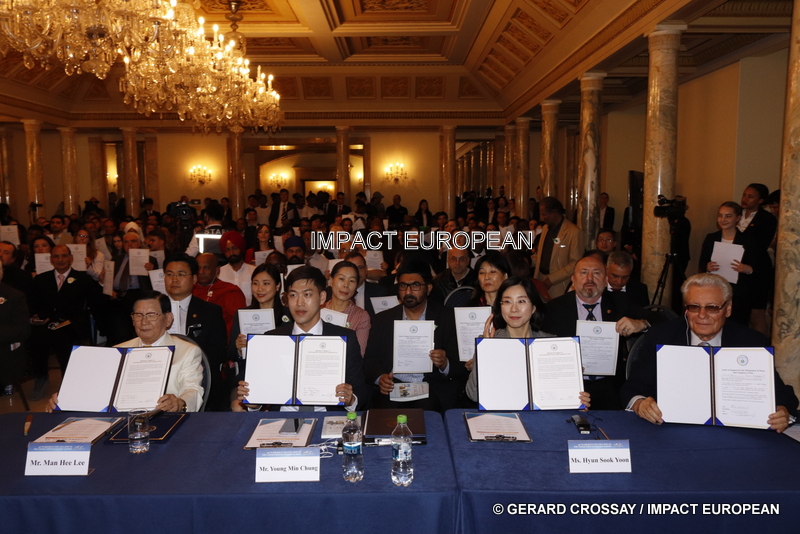
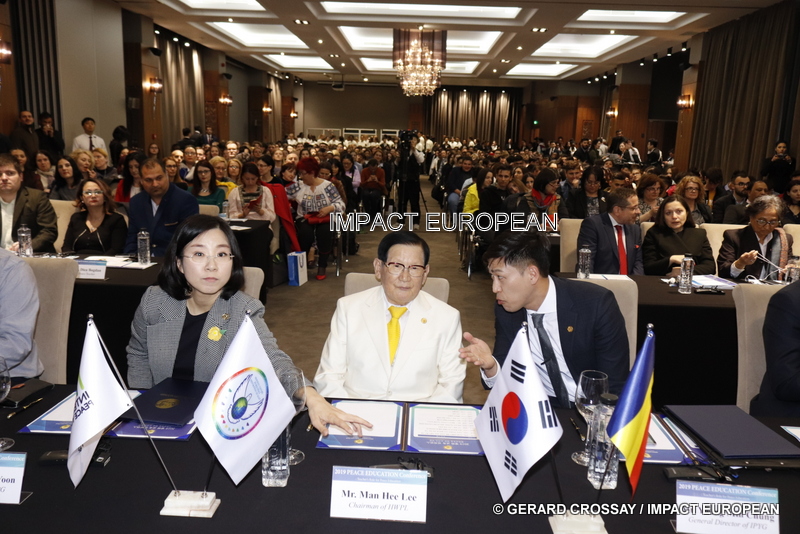
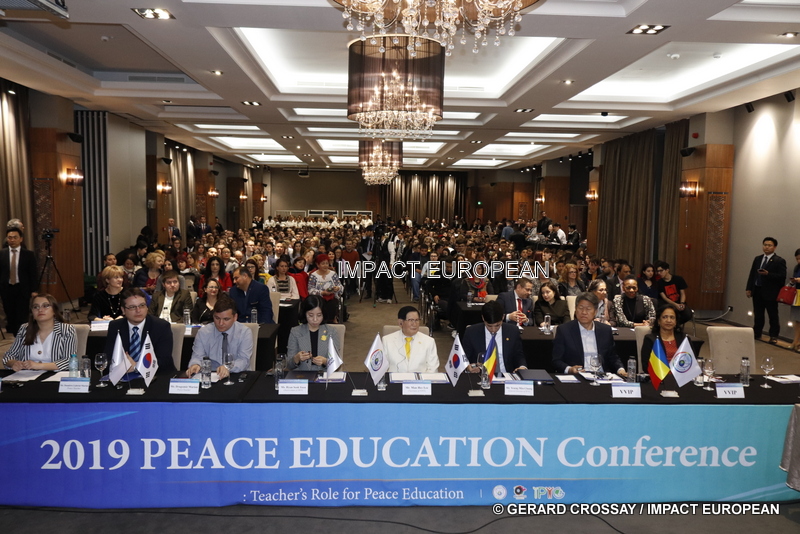
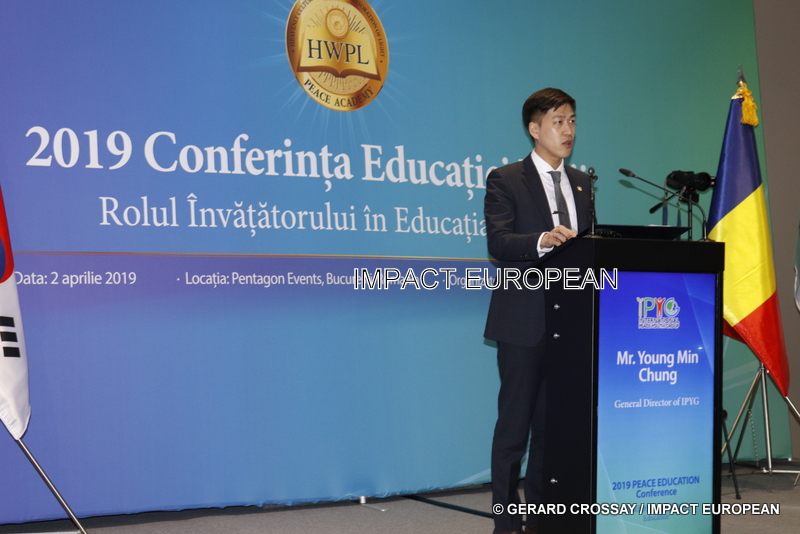
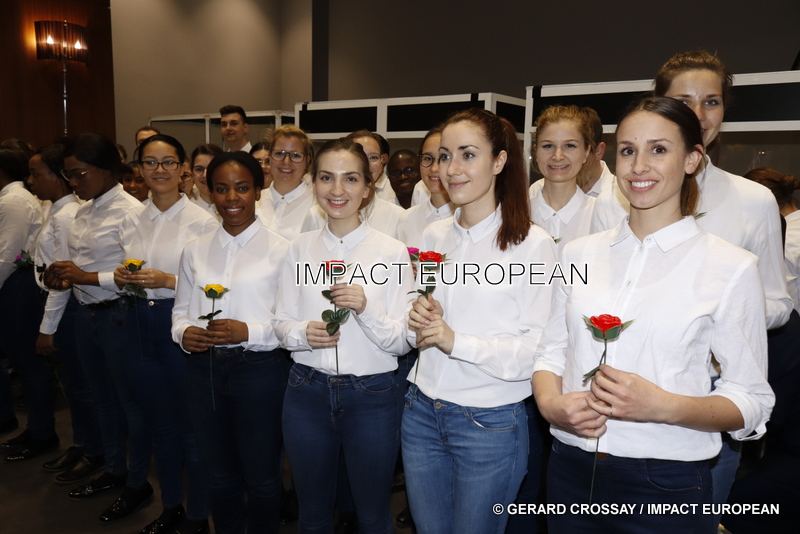
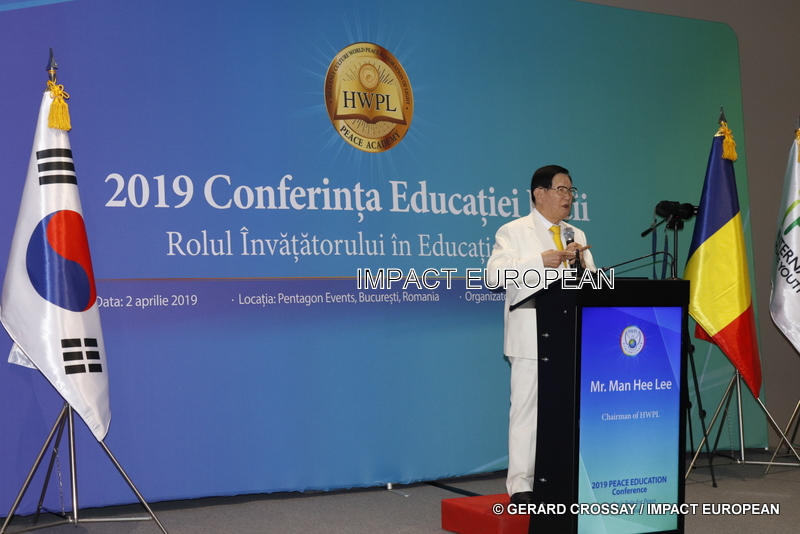
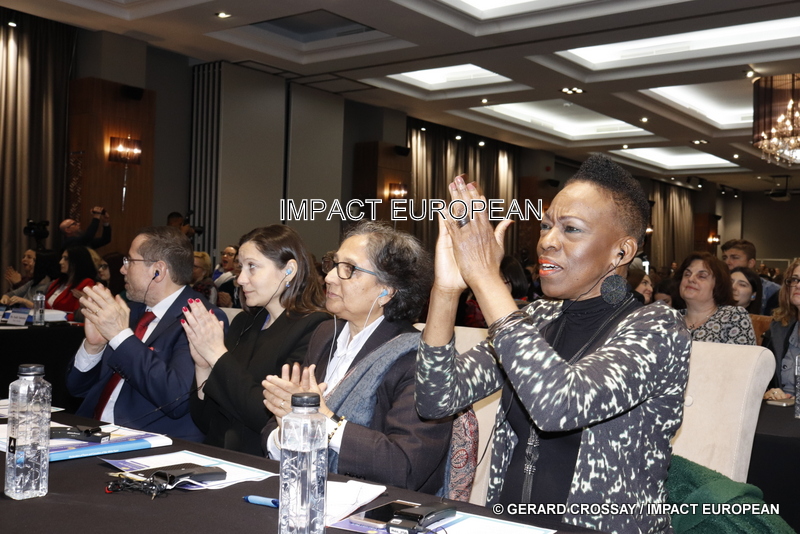
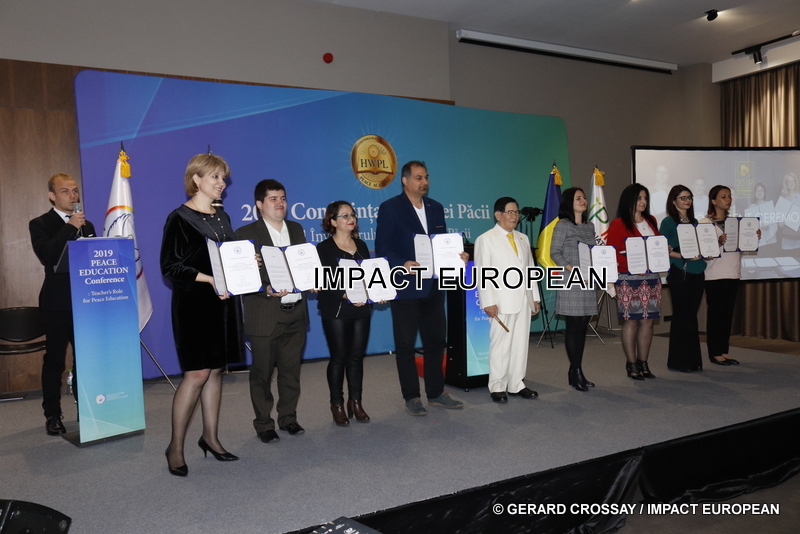
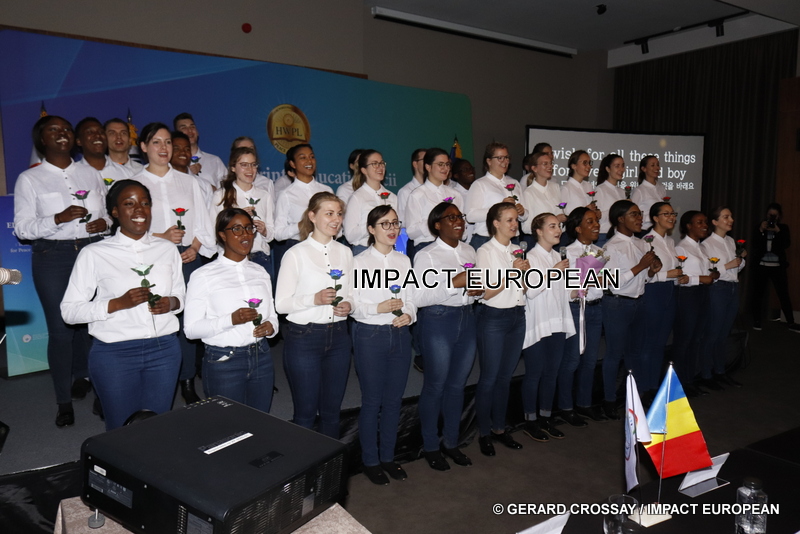
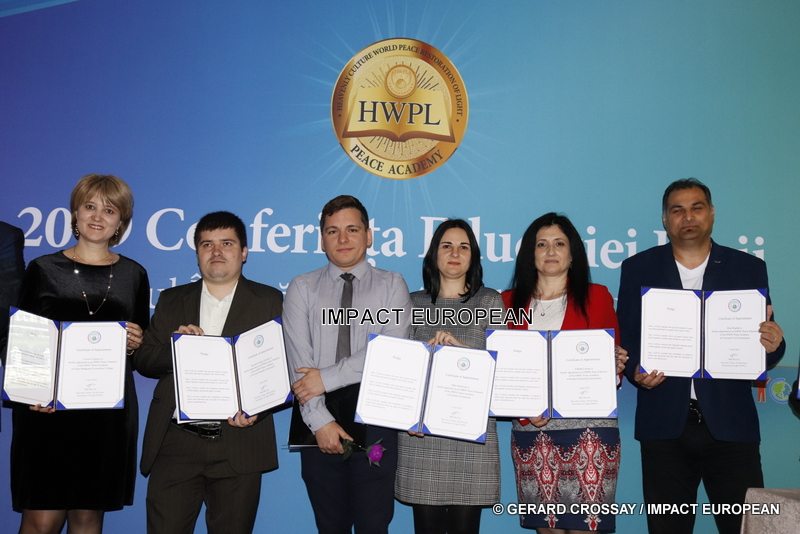
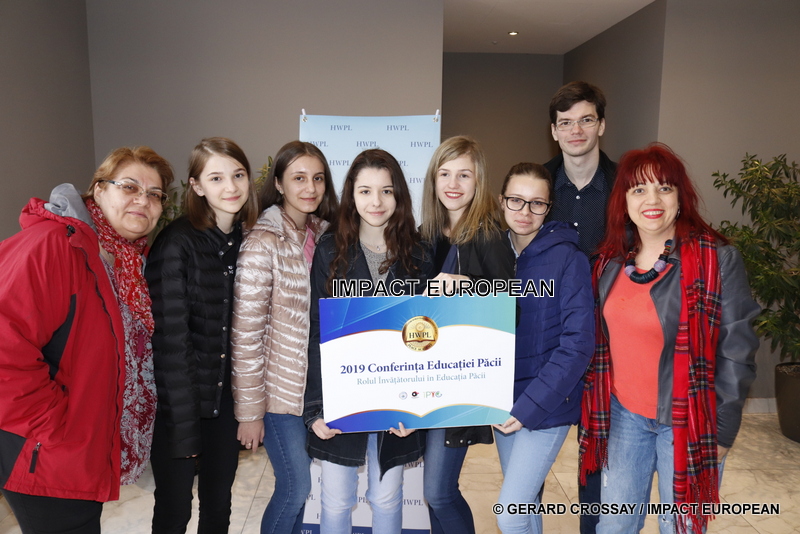
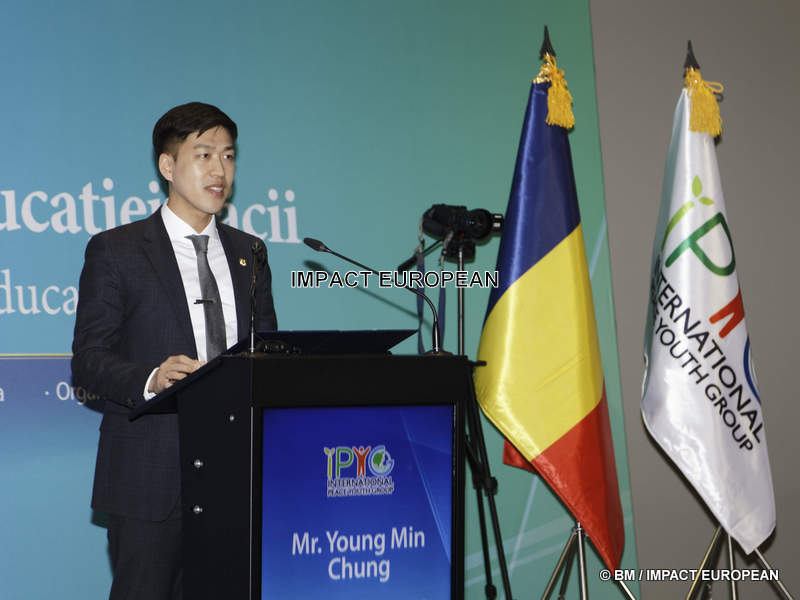
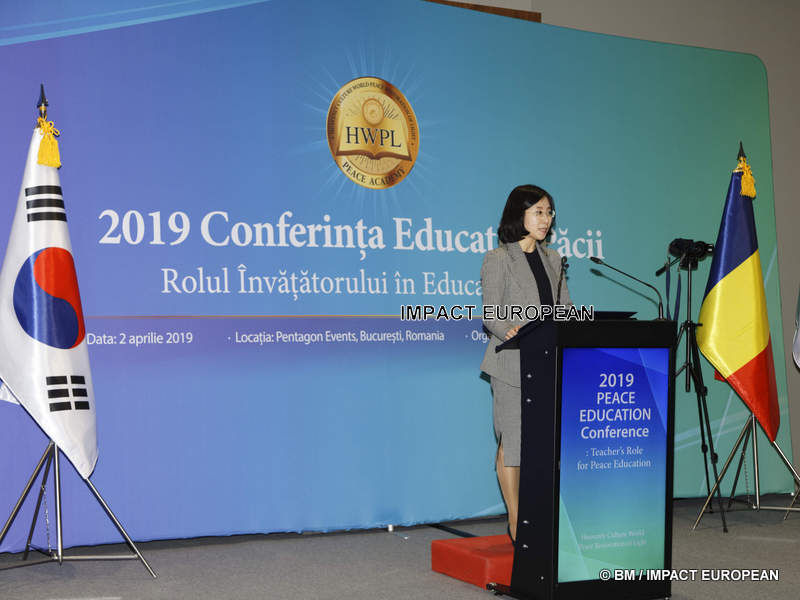
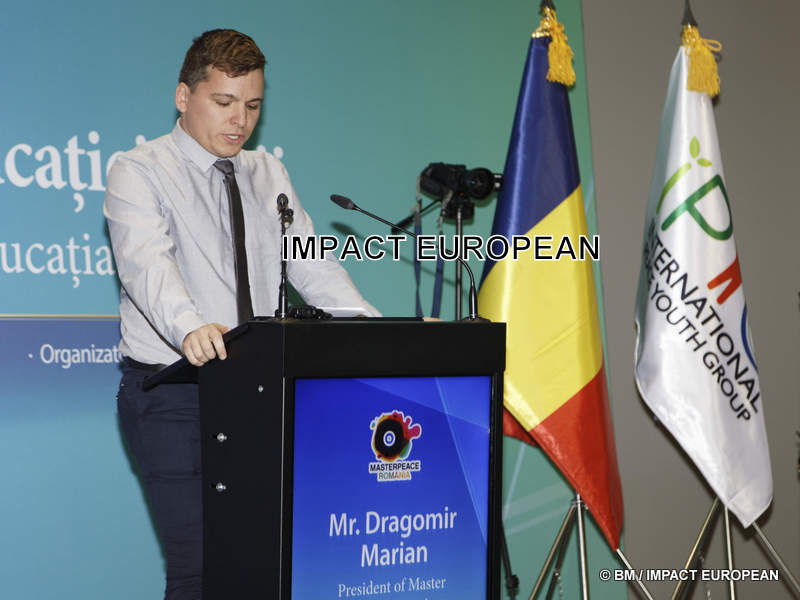
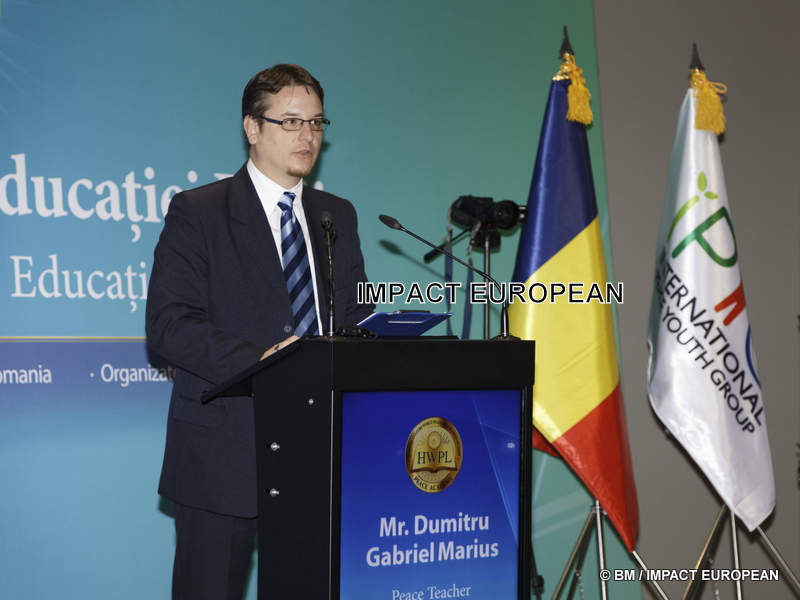
More Stories
United Arab Emirates and Artificial Intelligence: Global Leadership and Strategic Partnerships with France
Rétromobile 2026 – 50 Years of Automotive Heritage, Innovation, and Passion
Marek Halter at 90: A Lifetime of Memory, Writing, and the Pursuit of Peace